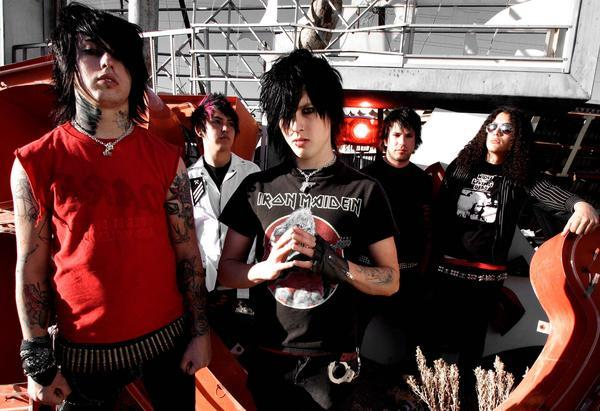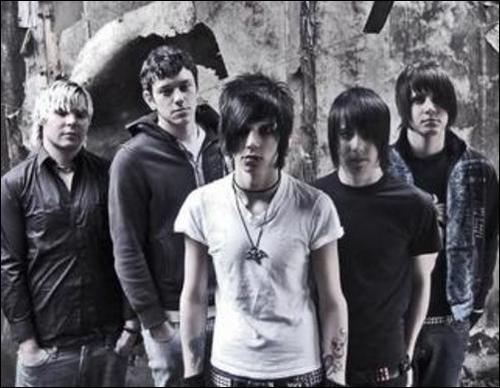
It all fell apart Friday night. Everything. The game. The series. The Pistons' championship hopes. Maybe even these Pistons as we knew them.
The maintenance crew hoped to sweep confetti off the Palace floor at the end; instead, all that was left were little pieces of the Pistons' swagger.
It was rough, but as far as the Pistons were concerned, it wasn't right. And they have nobody to blame but themselves.
Wherever Chauncey Billups, Richard Hamilton, Tayshuan Prince, Antonio McDyess and Rasheed Wallace find themselves next season -- and the best guess is still Detroit -- don't ever let them tell you they like it rough, or that they are great in clutch situations, or that they always come through.
Because they had their chance Friday against the Boston Celtics at the Palace.
And it was an utter disaster.
The Pistons had a 10-point lead in the fourth quarter and blew it. They were outscored, 23-8, to start the quarter. By the time the hurricane had passed through and they could look up at the scoreboard again, they were down seven points with less than three minutes left.
Billups converted a three-point play to cut the margin to four. But then the Pistons had a chance at a defensive rebound, and they couldn't snare it.
Then they got a defensive rebound -- and Prince gave the ball right back to the Celtics, before the Pistons could even pass the halfcourt line. That play would stand out as the worst of the game, except that the Pistons had a few other turnovers just like it.
With a little over a minute left, Billups -- Mr. Big Shot -- had a chance at a huge three-pointer. He missed badly.
Before long, the Eastern Conference finals ended in Game 6, 89-91.
I thought the Pistons would be the tougher, more fiery team Friday, and I expected them to win. They sure proved me wrong.
It will be a long time before the Pistons live this down. It's one thing to lose a series; teams do that all the time, and there is no shame in losing to these Celtics. It's another thing to lose your ability to strut.
Please understand something: This game curled up in the Pistons' laps and begged them to take it. The Celtics' best player, Kevin Garnett, was in foul trouble throughout, and when he was on the floor, he missed shots. The Celtics' primary ballhandler, Rajon Rondo, was in foul trouble, too. Didn't matter. The Pistons didn't force enough turnovers.
But the Pistons only made one serious run in the whole game They should have made another, late in the first half.
This was the same time of the game, you might recall, when Game 5 started to fall apart for the Pistons. With five minutes left in the half, they led by six on the road and really had outplayed the Celtics. They needed to go into halftime with a lead -- for psychological reasons. Instead, Boston went on a 16-4 run to close out the half, and the Pistons spent the third quarter on their shrink's couch, wondering how a benevolent God could let Rondo penetrate into the lane like that. By the time the Pistons launched their comeback, they were looking up a 70-degree hill.
In Game 6, the roles were reversed. The Celtics had the lead. The Celtics were on the road. And the Pistons made a little run, thanks partly to Hamilton's bounce-around-the-rim-forever three-pointer. But they couldn't make a big run.
They couldn't force the Celtics to think about Game 7, because the Celtics always knew they were in Game 6.
Down the stretch, the Pistons kept dumping the ball into Wallace ... or at least, a guy who looked like Rasheed Wallace ... or ... do you know what he looked like? A mime impersonating Rasheed Wallace. He wanted to scream and he couldn't.
Wallace was one technical foul away from an automatic suspension. That alone does not explain his struggles Friday -- he didn't have the lift and mobility he normally does, for whatever reason -- but I think it explains part of it.
Remember last year, against Cleveland? When the series was finally lost, Wallace exploded at the officials in Game 6 and got ejected. He can't keep anything in.
He had to keep it in Friday. He couldn't risk another technical. And the result was another poor performance in a series where he had too many.
Pistons president of basketball operations Joe Dumars now will have to make some tough decisions about his team, and about coach Flip Saunders, because the easiest change to make is always the coach.
Dumars must ask the same question that fans are asking right now:
Where does this leave the Pistons?
Same place they were in 2006 and 2007.
At home, instead of in the NBA Finals.



































No comments:
Post a Comment